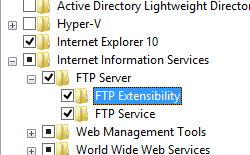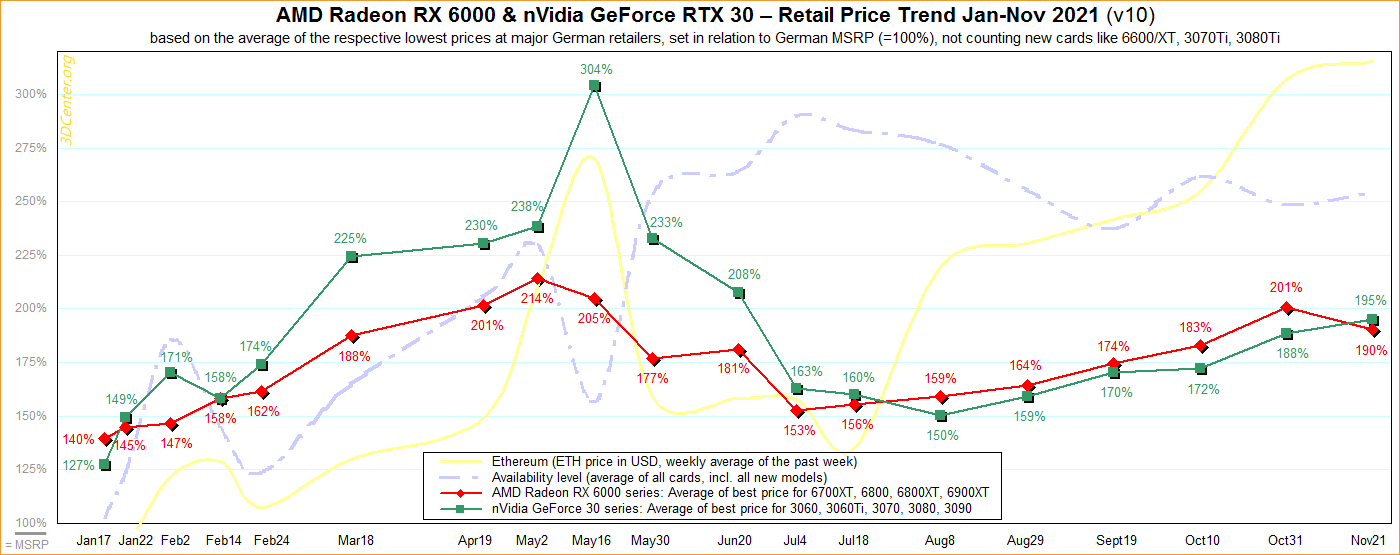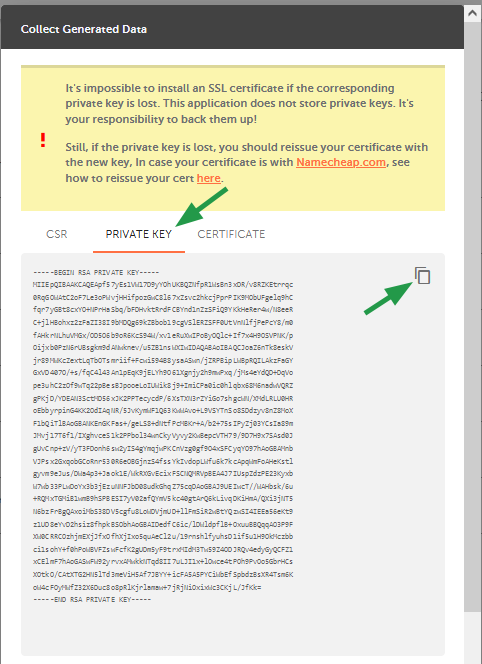
There are many aspects to consider when choosing web hosts, including uptime, security, storage, and bandwidth. You need a host with sufficient resources, regardless of whether you're creating a WordPress site or a corporate website. High uptime is essential. A good web host should also offer plenty of storage, bandwidth, and scalability. Also, security features such as SSL encryption and malware detection will be important.
This is the cheapest type shared hosting.
Shared hosting is the most basic type of hosting and the most affordable. This type hosts multiple websites on a single server. Each site shares the same resources. This means that the bandwidth and space on the shared server are limited. It also has several disadvantages, including the fact that it can be less secure than other forms of hosting.
Because it is the cheapest method to host a site, it is a great choice for start-ups and small businesses. It has some limitations such as a slower loading website and limited storage. Security and privacy are also issues. There is also a lack in features and resources. However, shared hosting can be the easiest and most affordable way to host a website. Many small businesses are unable to afford dedicated servers, which offer greater benefits.
Dedicated hosting is the most costly type of dedicated hosting
Dedicated hosting is also known as virtual and physical server hosting. It allows you to take full control of your server. Although this hosting type is more expensive that shared hosting, it provides greater flexibility and performance. It usually costs $199 per months or more and offers a range of additional features. Dedicated hosting works well for large businesses that have high-end IT needs.

With dedicated hosting, you get complete root access to your server and the network it uses. You can control what happens on your server and what software is installed on it. You can even install your own firewall and set custom permission rules. This allows you to secure your data the way it is supposed to be protected. This type of hosting is more complex than shared hosting and takes more time.
Uptime
When selecting a web host to use, you should consider the importance of uptime. This indicates how long the server is available and up. It is often represented in percentages. The industry standard for uptime is 99.9%. Web hosts that are worth their salt need to have at least that much. Uptime is an important factor for determining the dependability of a web host and the software that is used to power your website.
Sites that are mission critical can require uptime. A short downtime can have devastating consequences for businesses with millions of monthly users. Although the effects of downtime vary depending on which website you are using, there are steps you can take that will ensure high uptime. It is important to find reliable web hosts that offer high uptime guarantees.
Security
It is important to check for security measures when you choose a webhost. While most web hosts provide some level of security, you can always request specific features. It is essential that the web host keeps regular backups of your data and ensures that you have the most recent version of the software. This will help avoid data loss and security flaws. It is important to choose a web host that offers a user-friendly control platform. Hostinger uses the hPanel control panel, which is easy to navigate and packed with features.
Web hosting is not complete without security. Without security, your website may fall prey to identity theft or other serious crimes.

Support
A web host's support level is a key factor in your decision. While some companies provide 24/7 technical support, others offer only 9am to 6pm PST. While a knowledge base can be beneficial for common problems, phone support is a better choice for more complex issues. While many web hosts have cut back on phone support, a few premium services still offer it.
A web host's infrastructure is another important aspect. If your website requires SSL certificates or custom email addresses, you must make sure that the host you select has the tools and infrastructure you need to run your website. The host should offer a plan that lets you add resources to your base plan without having to upgrade.
FAQ
What HTML & CSS can I use to create my website?
Yes, you can! You'll need to be familiar with web design concepts and programming languages such HTML (Hyper Text Markup Language), CSS, and CascadingStyle Sheets. These two languages allow you to create websites that can then be viewed by anyone who has access to your internet connection.
How Much Does It Cost To Create An Ecommerce Website?
It depends on the platform you choose and whether you use a freelancer to build your site or hire a service provider. Most eCommerce sites start at around $1,000.
You can expect to pay between $5000 and $10,000 for a platform once you have decided.
If you're planning on using a template, you probably won't pay more than $5,000. This includes any customization you need to make to fit your brand.
What technical skills do I need to design and construct my site?
No. You just need to be familiar with HTML and CSS. You can easily find tutorials online that teach both HTML and CSS.
What Should I Include in My Portfolio?
These should all be included in your portfolio.
-
Example of your work.
-
Link to your website (if possible).
-
Link to your blog.
-
Links to social media pages.
-
Other designers' online portfolios can be found here.
-
Any awards you've been awarded.
-
References.
-
You can also send us samples of your work.
-
Links showing how you communicate with clients.
-
These are links that show you're open to learning new technologies.
-
Links showing that you're flexible.
-
Links that show your personality
-
Videos showing your skills.
Statistics
- It's estimated that chatbots could reduce this by 30%. Gone are the days when chatbots were mere gimmicks – now, they're becoming ever more essential to customer-facing services. (websitebuilderexpert.com)
- At this point, it's important to note that just because a web trend is current, it doesn't mean it's necessarily right for you.48% of people cite design as the most important factor of a website, (websitebuilderexpert.com)
- Did you know videos can boost organic search traffic to your website by 157%? (wix.com)
- Studies show that 77% of satisfied customers will recommend your business or service to a friend after having a positive experience. (wix.com)
- Is your web design optimized for mobile? Over 50% of internet users browse websites using a mobile device. (wix.com)
External Links
How To
What is Website Hosting?
Website hosting is the location where people go when they visit websites. There are two types:
-
Shared hosting - This is the cheapest option. Your website files will reside on a server belonging to someone else. Customers visit your website and send their requests over the Internet to this server. The request is sent to the server's owner who then passes it on to you.
-
Dedicated hosting - This is the most expensive option. Your website is located on only one server. You and your traffic are protected by the fact that no other websites share server space.
Shared hosting is preferred by most businesses because it's cheaper than dedicated hosting. Shared hosting allows you to have your website run by the company who owns the server.
However, both have their advantages and disadvantages. These are the key differences between them.
Pros of Shared Hosting
-
Lower Cost
-
It's easy to set up
-
Regular Updates
-
It can be found at many web hosting providers
You can get shared hosting for as low as $10 per monthly. This price often includes bandwidth. Bandwidth is the data transfer speed that you have over the Internet. Even if only you upload photos to your blog or website, high-volume data transfers may incur additional charges.
You'll soon realize why your old host cost so much once you get started. Most shared hosts have very poor customer support. You'll be on your way after they walk you through setting it up.
Providers that offer 24-hour customer support are worth looking into. They'll take care of any issues that come up while you sleep.
Dedicated Hosting Cons:
-
More Expensive
-
Fewer Common
-
You will need to have special skills
With dedicated hosting, you get everything you need to run your website. You won't worry about how much bandwidth you are using or how much RAM (random Access Memory) you have.
This means you'll have to spend more upfront. However, once your business goes online, you'll discover that you don’t need as much technical support. You'll soon be an expert at managing servers.
Which Is Better For My Business, So Which Is Better?
It all depends on the type of website you are creating. If you only want to sell products, then shared hosting might be the best choice. It's simple to set it up and keep it updated. It's easy to set up and maintain, as you share a server with other sites. You will likely be updated frequently.
However, dedicated hosting is the way to go if you want to build a community around your brand. It allows you to focus on building your brand and not worrying about managing your traffic.
Bluehost.com offers both. Bluehost.com offers unlimited monthly data transfers, 24/7 customer support, domain registrations free of charge, and a 30-day guarantee for your money back.